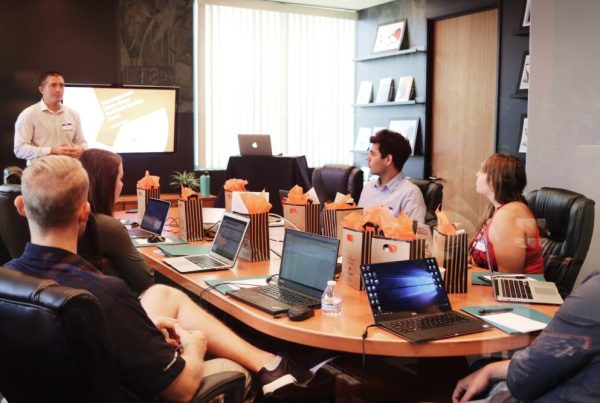Don Schuerman, chief technology officer at Pegasystems, explains why companies should not wait to future proof their business against disruptive global events ~
The landscape has shifted for business decision makers considerably over the last few months because the global COVID-19 health crisis has been devastating. Businesses have shut down, people have lost their jobs. The stock market has plummeted. Now, more and more, business leaders are beginning to view this ‘post-COVID-19’ period (if it’s not too early to call it that) as a challenge they must rise to meet.
The big shift is that business leaders are realising that digital transformation (DX) is no longer a ‘nice to have’. It’s essential. Without it they could risk damaging their business and their customer relationships permanently. Where business leaders once kicked transformation projects into the long grass, this global crisis has prompted leaders to pounce, not just for the post-pandemic future, but for a new way of operating today.
In a recent study, Pega found that 91% of global business decision makers admitted they must change to survive in a post-crisis world because the pandemic has left them exposed. Almost three quarters (74%) of survey respondents said the current crisis has exposed more gaps in their business operations and systems than anticipated, with just 6% reporting that they saw no gaps in their existing systems during the crisis.
While it may appear to some as a classic case of shutting the stable door long after the horse has bolted, safeguarding your organization against future disruptive events is critical. Almost two-thirds (62%) of survey respondents said they plan to raise the priority level of digital transformation within their organisation, 58% will increase the speed of existing DX projects, and 56% will boost the overall level of investment in DX projects, underscoring the extent this crisis has had on DX planning.
One of the biggest issues organisations have suffered from during the pandemic is effectively communicating with customers. After all, in an unprecedented situation, it can be difficult to know what to say and even what not to say as some high-profile brands were forced to withdraw advertising campaigns which has cost them.
Tone-deaf communications to your customers in a time of crisis can erode customer trust and damage your brand permanently. No one should judge a brand by its worst day, but unfortunately that’s exactly what customers have done in recent months. Most organisations were unprepared for the COVID-19 crisis, but the same is true of customers. At a time of great stress when customers need clear, concise, relevant, and appropriate information, they will judge organisations harshly who are unable to provide it, no matter what struggles may be going on behind the scenes.
Getting communications wrong can destroy a customers’ trust – not just in the short-term, but over the long-term as well. More than a third (36%) of respondents say they have lost customers during the pandemic due to failed communication, while a similar number (37%) admitted to communicating at least one message to customers that was badly received and damaged their brand. And more than half (54%) of respondents admitted they should have done more to help customers during the crisis.
DX projects are designed to simplify communications, collaboration, and predictive analytics that allow organisations to empathise with their customers and communicate more effectively with relevant and useful information. Business leaders indicated that the top three most popular DX projects needed to prepare for future crises were: cloud-based systems (48%), CRM (41%), and AI-driven analytics and decisioning (37%).
Today, many organizations are looking to address the issues that the global health crisis has highlighted. The problem is that many waited until it was too late to take preventative action. To ensure organisations do not find themselves facing a similar scenario in years to come, it’s critical that business leaders think not only about the immediate effects of their actions, but also about mitigating risk, protecting their customers, and protecting their brand for the future.
In times of crises, when all of us have felt the strain, there’s no one-size-fits-all panacea that will help everyone. The lesson we have to learn from all of this is to accept the failings, the difficulties, and the real problems this pandemic has caused, but also to treat it as an opportunity. For too long, many business leaders may have thought the day when the dreaded ‘worst case scenario’ reared its ugly head might never come. Now that it has, they must seize the opportunity in front of them and ensure that if similar disruptive global events arrive further down the road, they will be better prepared to meet them head on.




